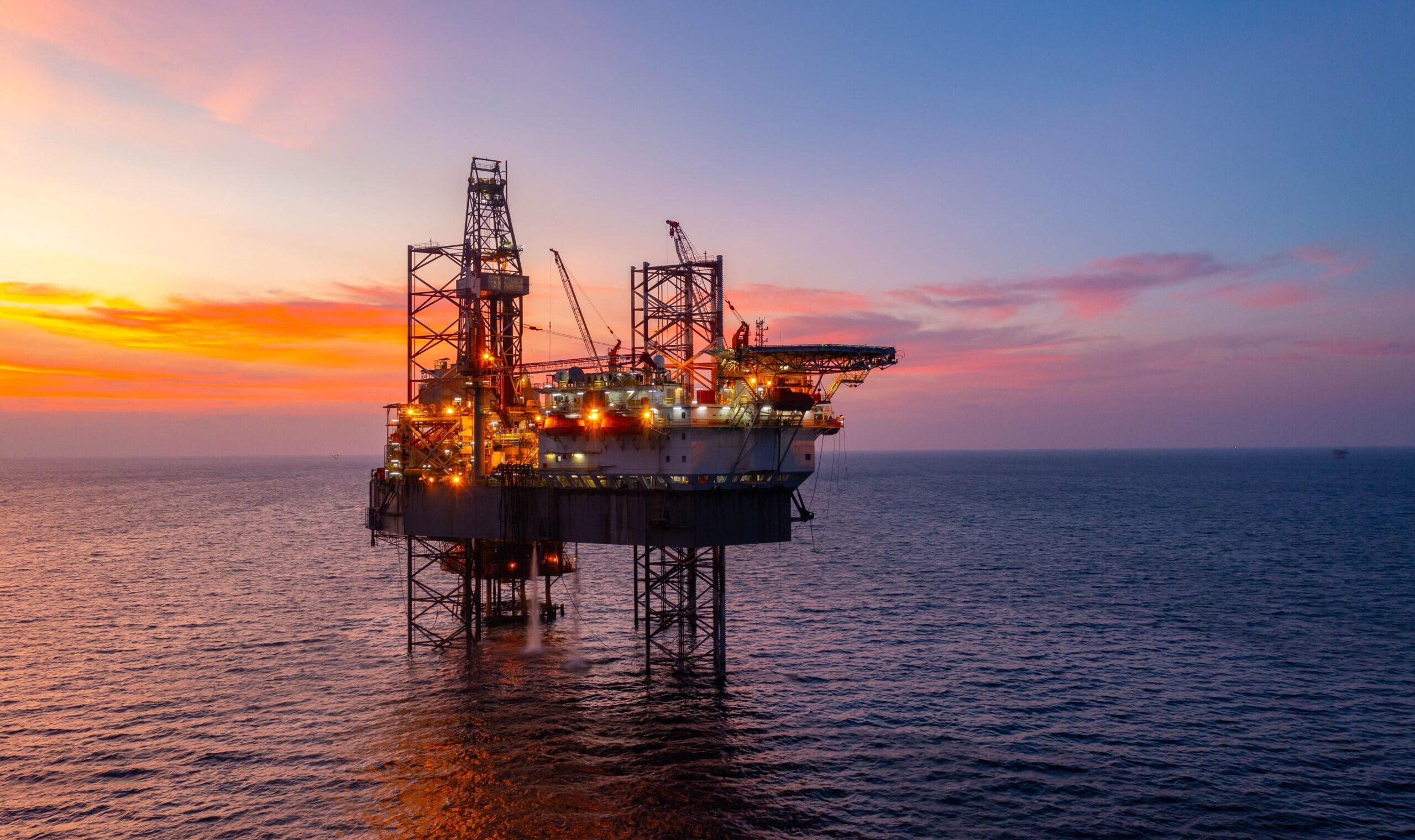Chevron First or America First?
Corporations should not dictate American foreign policy.

On Tuesday, the license that allowed Chevron to continue operating in Venezuela despite U.S. sanctions expired. The move sparked controversy and internal disagreement within the Trump administration over whether the license should have been extended—and under what terms.
When Special Envoy Richard Grenell announced on May 21 that Chevron would receive a 60-day extension, Secretary of State Marco Rubio quickly contradicted him, confirming that the license would expire as scheduled on May 27.
Any extension requires approval from both the Treasury and State Departments. Ultimately, both agencies agreed to limit Chevron’s activities to minimal maintenance operations—similar to what was permitted during the first Trump administration.
Some in or close to the administration have claimed this decision reduces Trump’s leverage over the Venezuelan regime and hands China access to the world’s largest proven oil reserves.
But is any of this true?
During the first Trump administration, the U.S. government pursued a “maximum pressure” strategy that targeted Venezuela’s oil industry. After negotiations with the Venezuelan government, the Biden administration eased some sanctions, including restrictions on the oil industry, granting operation licenses to Chevron, EMI, and other western oil companies. In April 2023, Biden reinstated many of the sanctions it had lifted but left the Chevron license untouched.
The Trump administration announced in February the revocation of the license issued by Biden in November 2022. Nevertheless, the Trump administration extended the license for 60 days in March after Venezuela committed itself to allowing the return of deported Venezuelan migrants and released a group of American hostages in Venezuela. But, as usual, Maduro didn’t deliver what he had promised. He didn’t allow as many repatriation flights as expected, and the human rights situation in the country has only worsened.
Before the license, Chevron’s presence in Venezuela was limited to minimal maintenance operations, but it could not exploit, process, or export Venezuelan oil. Ever since, Chevron has been free to do business in Venezuela, which allowed the country to become the third-largest exporter of crude oil to the U.S. But now Trump has returned Chevron to its pre-2022 state, only permitting it to continue maintenance operations. Chevron won’t be able to export Venezuelan oil or buy oil extracted in Venezuela.
Those who hoped for the extension of the license and further engagement with Maduro have changed their narrative: The main issue now, they say, is that China will have free access to the largest oil reserves in the world all for itself. In an interview with Steve Bannon, Grennell said that “in our neighborhood, we want to make sure that the Chinese are not coming in and taking oil and minerals and gold and keeping us on the outside.”
The reasoning behind this is shaky to say the least. China already has an expansive presence in Venezuela, with or without Chevron. If they want to exploit oil resources in Venezuela, they can do so, and here is no reason Venezuelan authorities would stop them.
Nevertheless, while China’s economic endeavors are growing throughout Latin America, Venezuela is one of the few exceptions. Oil production of China’s joint ventures with the Venezuelan state oil company have declined since 2016, as has trade between both countries. After lending over $60 billion to Venezuela, China is trying to recoup its loans via discounts on Venezuelan oil shipments. Thus, it is quite unlikely that the Chinese presence in Venezuela would increase as Chevron goes to its pre-2022 status. In fact, Chinese investments and exports only decreased from 2019 to 2022, when the sanctions imposed on the Venezuelan oil industry by the Trump administration were still in force.
The suspension of Chevron’s license has significantly harmed the Venezuelan regime. Chevron exports between 200,000 and 240,000 barrels per day of crude from Venezuela, which is more than a quarter of the country’s oil exports. Venezuela was receiving an approximate $400 million a month from Chevron. Tax and royalty payments from Chevron’s license have been a major source of income for Maduro since early 2023, expanding its oil industry once again. Venezuela is taking between $2 billion and $3 billion a year in royalties and tax payments thanks to the licenses. Venezuelan oil production, although still far from its historical records, was at its highest point in almost a decade. The sanctions will prevent the Venezuelan regime from receiving this income, and with the Chinese unwilling to invest more in Venezuela, it’s likely out of options.
This has led Venezuela to escalate repression in the country. Around 70 opposition leaders and political activists in Venezuela were arrested last week. The highest-profile name is Juan Pablo Guanipa, who was the right-hand man of María Corina Machado, the opposition leader. Guanipa had been in hiding since the July electoral fraud that saw Maduro proclaim his reelection as president of Venezuela. After almost a week since his arrest, his whereabouts are still unknown, but he’s rumored to be in the Helicoide, the largest torture center of the Venezuelan regime.
The arrests are probably a desperate Maduro attempt at getting Trump back at considering negotiating the extension of the Chevron license in exchange for some political prisoners. Still, the Trump administration is unlikely to yield—nor should it. In fact, if anything, it has done quite the opposite. In March, the U.S. government imposed a 25 percent tariff on “all goods imported into the United States from any country that imports Venezuelan oil, whether directly from Venezuela or indirectly through third parties.”
Allowing Chevron to operate in Venezuela was actively hurting the U.S. Some $400 million a month generated by American oil imports was being used by the Venezuela regime to fund its drug operations throughout the Americas, including drugs funneled into the U.S. through the southern border by Tren de Aragua. The money also helped stabilize the dictatorship that has caused the largest humanitarian crisis in the western hemisphere, with thousands of Venezuelans trying to cross the southern border illegally as a result.
Oil companies shouldn’t dictate American foreign policy, and they especially shouldn’t do it when they would lead the U.S. to finance a dictatorship that has been doing everything in its power to destabilize America through drug trafficking, uncontrolled migration, and the establishment of criminal groups on U.S. soil.
It’s right and proper that the Trump administration puts America first instead of Chevron first.
The post Chevron First or America First? appeared first on The American Conservative.

